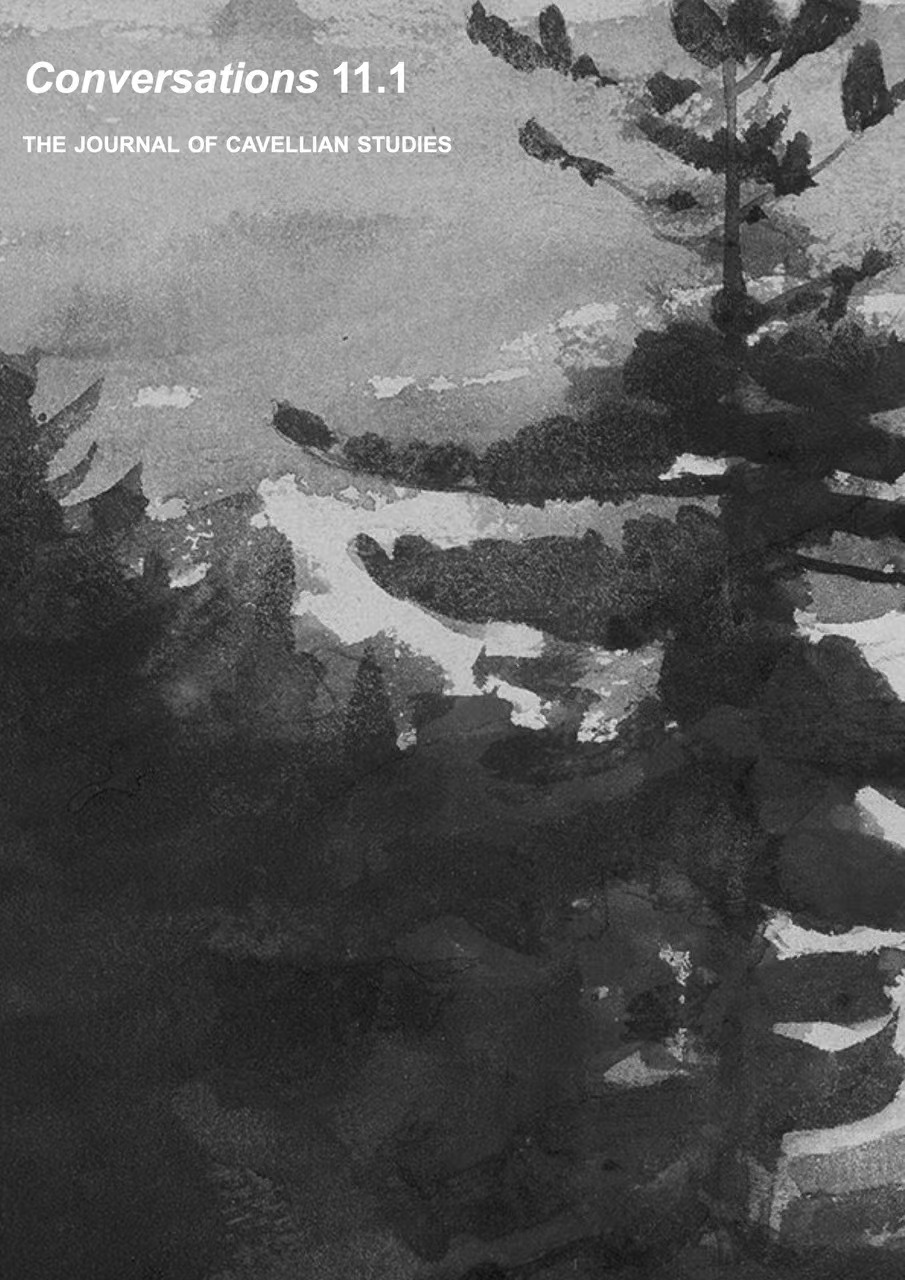Epistemic Vertigo and Existential Angst
Abstract
Stanley Cavell famously remarked that there was a “truth in scepticism,” where the recognition of this truth was apt to prompt a kind of anxiety. Here is Cavell describing this putative truth:
An admission of some question as to the mystery of existence, or the being, of the world is a serious bond between the teaching of Wittgenstein and that of Heidegger. The bond is one, in particular, which implies a shared view of what I have called the truth of skepticism, or what I might call the moral of skepticism, namely, that the human creature’s basis in the world as a whole, its relation to the world as such, is not that of knowing, anyway not what we think of as knowing.
One natural way of responding to Cavell on this score is that he is simply courting mystery. After all, he takes a distinctly Wittgensteinian line on sceptical problems, and doesn’t Wittgenstein show, in a quietistic spirit, that such puzzles are merely the product of faulty philosophical theorizing? If so, then the sceptical puzzle is simplyillusory and can hence be summarily dismissed. In particular, there is no truth that it might hold and no moral for us to extract (bar the general one about being wary of philosophical problems). Consequently, there are no legitimate grounds for any kind of anxiety arising in the wake of our resolution of this problem.


